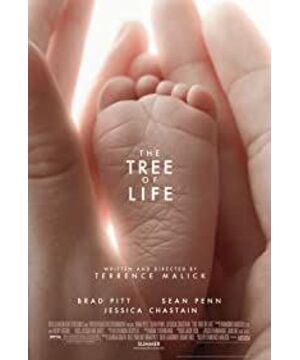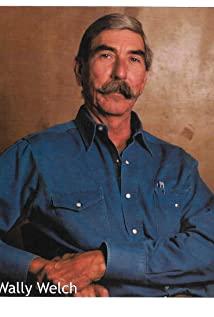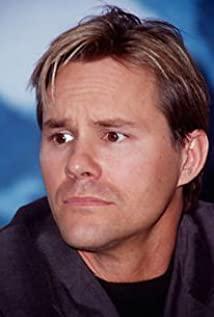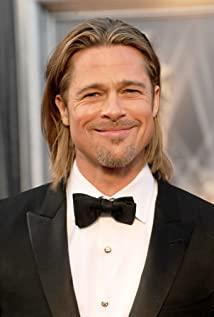Before I actually watched the movie, I deliberately read the synopsis because I was afraid that I wouldn't even understand the story of the Cannes-winning film. Judging from the preparation work, it seems that a closed loop is formed at the end of the story, conflicts are resolved, and the protagonist has grown. Why I say it's "pseudo-healing" is because when I read it in its entirety, I wasn't satisfied with the ending, yes, not dissatisfied, but dissatisfied. What I'm looking forward to is that the movie combines the ultimate topics of the universe, religion, and family, so that the protagonist can find an answer, and it also gives me peace of mind.
Confusion period: Before the emergence of self-awareness, some boys are confused. They don’t know why they were fined 50 times. They don’t understand what their father said that it takes will to stand out. Don’t repeat my mistakes. I don't know either. The movie made me re-experience the depression of boys growing up in a patriarchal family, but it didn't bring me out of that horrible dining table. Praying and eating are inherently good-natured things. "You are not allowed to speak. You can only nod or shake your head when answering questions." "You can only do the first half when you sit in a chair." Words and deeds are controlling the emotions and glances of the entire table. When the younger son resisted "Be queit", the eating scene was out of control for a time. The role of father has brought countless confusions to the boy's growth. Friends who don't understand the boy's emotions or feel that there are exaggerated elements, I congratulate you and envy you.
Rebellion period: I still remember the boy in the film asking his mother: Mom, do I have any advantages? Mom said brave. It seems to be an ambush for the later resistance. The father leaves the house, the boy smashes the window under the exclamation of his partner, shoots frogs to the sky, steals his mother's clothes, says no to his mother irritably, wanders the streets aimlessly, and takes everything with him. disgusted.
Reconciliation period: The boy suddenly said, "I love you because you are my brother" in the face of his innocent younger brother. Perhaps it was between "obedience to nature and self-restraint and self-restraint". He ignorantly chose the second. When my father was facing unemployment, he finally had time to reflect on himself, "I never slack off for a day, I paid taxes on time on Sunday", "I'm really a stupid person", I can finally let go of my disdain, and I can deal with the stubborn big man. The son stayed quiet for a while. However, the boy tried to seek the truth of life from God, confided everything to God, and even realized the connection between happiness and love, and finally became a man like his father. The only difference is that the boy is still pursuing a truth in his heart. At the end, he came to the beach as a middle-aged man to reconcile with his parents and younger brother when he was still young. It seems far-fetched, which is more like a compromise.
I watched this movie like a boy sending a message to God; God didn't give the boy an answer, and the movie didn't give me a cure.
However, I still like this movie. I like the half-hour "National Geographic". I like to watch the movement and decay of cells inside the human body. . This reminds me of every hot afternoon watching CCTV9, the mountains and rivers, clouds and rain, the sun, moon and stars, and the countless throbbing that the growth of all things brings to the little man.
View more about The Tree of Life reviews











